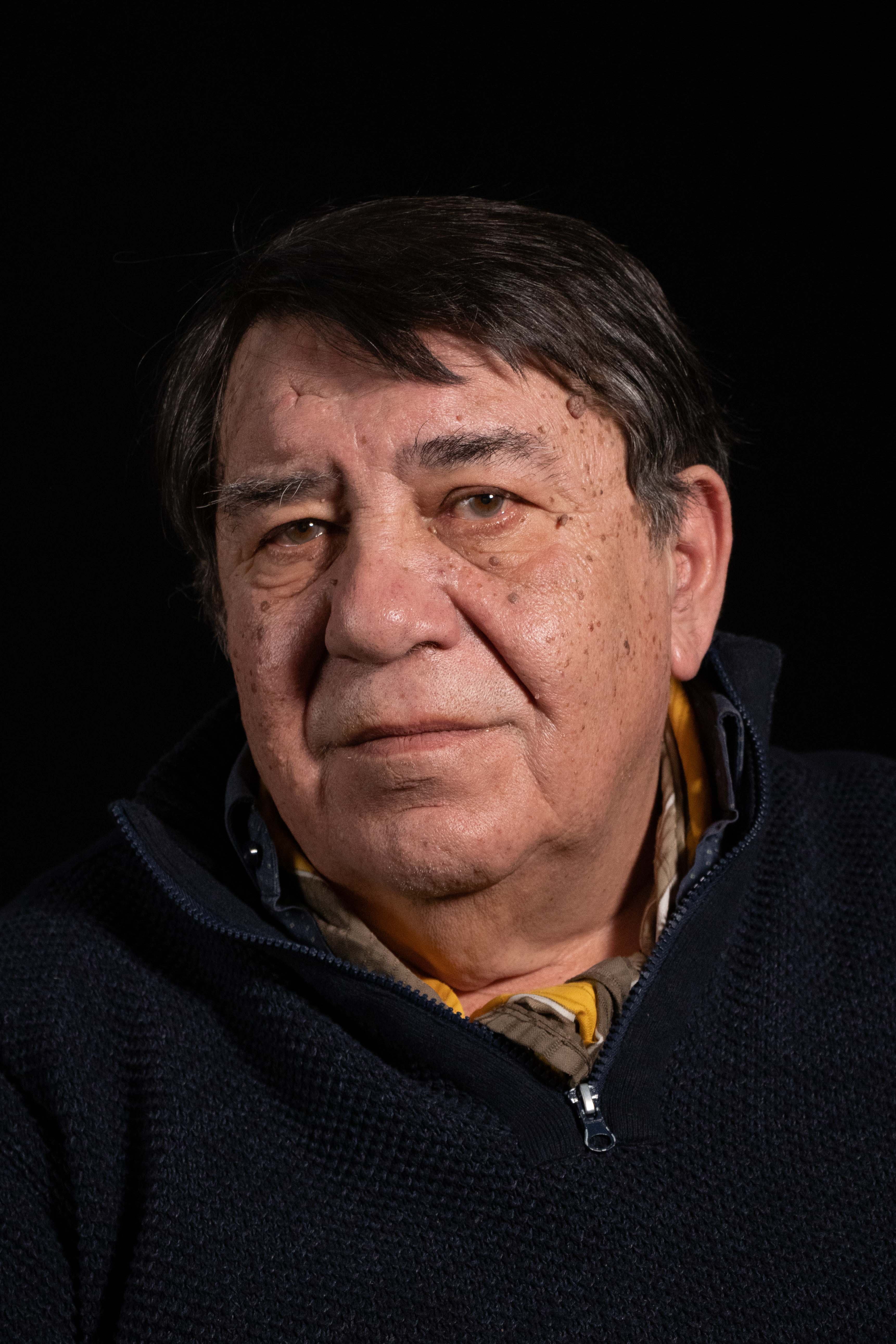They said to me: ‘That’s a Yid.’ And when they had no other argument, they said: Yid and German.’

Download image
Otokar Löbl was born on 13 October 1950 in Žatec into a German-Jewish family. His parents, Adolf and Anna, were married only a year or two before the outbreak of the World War II, and thus lived through very difficult years. His German mother was forced to divorce by the Gestapo, his Jewish father escaped transport only thanks to the help of an old comrade-in-arms from the Italian front in World War I, but the vast majority of his family did not survive the war. His mother’s three sisters were Germans who had been deported to the American zone, and throughout Otokar’s childhood he and his mother travelled to West Germany to visit them. After his father’s death in 1967, he and his mother lived in Žatec for a few more years until the Helsinki Process allowed them to apply for eviction in 1970. Through the Nuremberg camp, they eventually made their way to relatives in Frankfurt, where Otokar set up a restaurant and family and his mother lived until 1990. Immediately after the Velvet Revolution, as soon as the borders were opened, they set off together on a journey to Czechoslovakia, which they had not been able to visit for almost two decades. Otokar Löbl is a member of the Žatec commissions and is engaged in research activities related to the post-war massacre of Germans in Postoloprty. He found his way to the Jewish religion as an adult and today he is trying to find ways to bring it closer to the younger generations. At the time of recording in 2022, he was still living with his family in Frankfurt.

